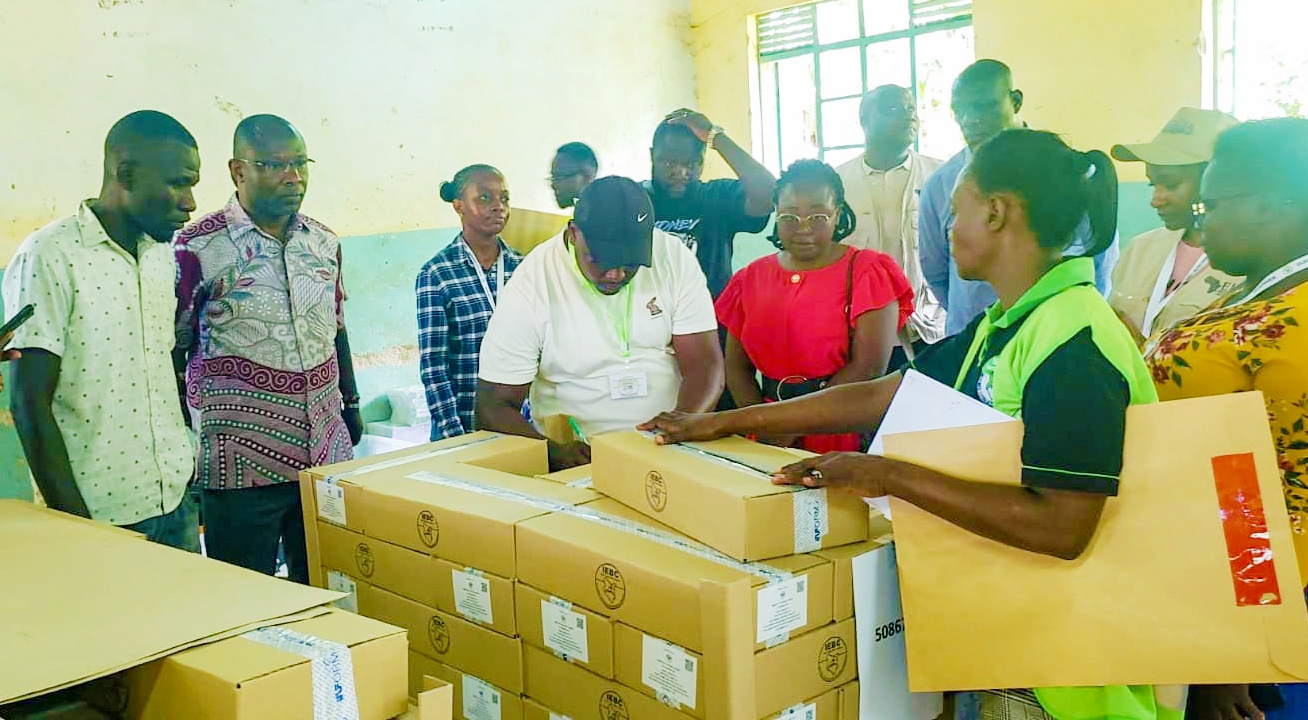Researchers have been challenged to play a central in identifying threats facing the Mara River Basin.
This includes providing data-driven insights and recommendations that can guide policy and conservation actions.
Experts have warned that the basin will continue to degrade unless urgent action is taken.
This emerged during the 13th Mara Day Scientific Conference at Maasai Mara University.
“In the face of climate change, your role is even more critical. The shifts in weather patterns, changing river flows, and the increased frequency of extreme weather events pose a significant risk to the biodiversity and communities that rely on the Mara ecosystem,” Julius Mwabu said.
“Your research not only helps us understand the scale of these challenges but also equips us with the tools and knowledge to mitigate them and build resilience," he said.
Mwabu said some of the unprecedented challenges afflicting the Mara Basin include deforestation, habitat loss, pollution, and climate change impacts.
Mwabu is the director of Productive and Services at the Ministry of East African Community, Arid and Semi-Arid Lands (ASALs).
"These threats know no borders and require a collective response,” Mwabu said.
Lake Victoria Basin Commission Executive Secretary Masinde Bwire termed the conference timely saying it provides an opportunity to showcase the latest scientific research and technological innovations that can inform policy and drive sustainable practices.
“The exchange of knowledge and experiences here will be instrumental in guiding our collective efforts to protect and restore the Mara river basin,” Bwire said.
Bwire noted that the basin faces growing pressures and multiple challenges from climate change, population growth, and unsustainable land-use practices.
He said these challenges threaten the basin's ability to sustain the delicate balance required for the well-being of both human beings and natural communities.
He emphasized the need for concerted efforts to address the challenges facing the basin.
Bwire said the commission in its mandate has prioritised the integrated management and sustainable utilisation of transboundary water resources.
Renowned scholar PLO Lumumba was the keynote speaker.
Others who attended the one-day scientific conference were Narok Deputy Governor Tamalinye Koech, Narok County Assembly speaker Davis Dikkir, Maasai Mara University Vice Chancellor Peninah Obudho, and EALA MP David Sankok.
Mara Regional Commissioner Evans Mtambi led the delegation from Tanzania.
Uganda’s PS for EAC Ministry Edith Mwanje also graced the occasion.
Lumumba asked the governments of Tanzania and Kenya to implement the outcomes of the conference.
“This should not just be an annual jamboree. To save this ecosystem, the outcomes of this conference should be implemented. We must make deliberate efforts to save this ecosystem,” Lumumba said.
Lumumba further noted that effluent from industries and unregulated use of pesticides were some of the threats facing the basin.















